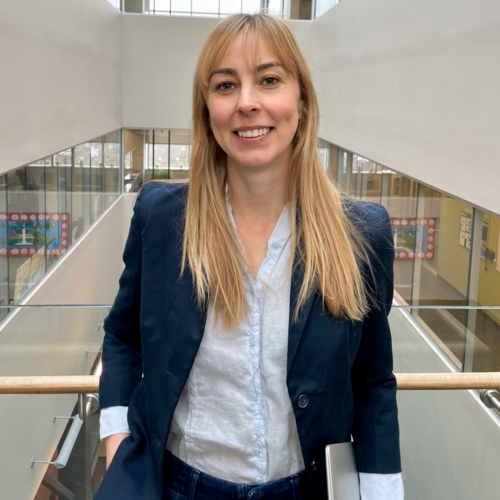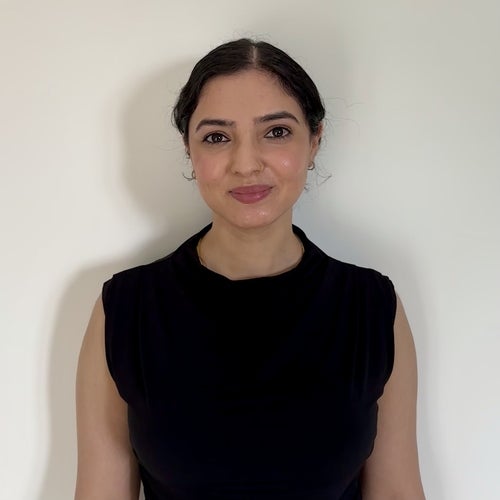The application deadline for Fall 2026 has been extended.
Check each program page for admission requirements and details.
All full-time doctoral students in good academic standing are guaranteed a set amount per year. This amount is provided through a variety of sources, including Waterloo awards, employment, and external awards. Effective May 1, 2025, the minimum funding for doctoral students in good academic standing is $28,351 per year. More information about minimum funding is listed on the GSPA website.
In some cases, research supervisors will provide additional funding.
Eligibility: Open to Canadian citizens (living in or outside of Canada) or Permanent Residents of Canada who have a completed application by February 1, 2026. Applications submitted after the deadline as eligible for funding at the department's discretion. Must be enrolled in a doctoral program full-time (Geography, Sustainability Management, Planning, Social and Ecological Sustainability).
Funding questions
Questions regarding funding can be directed to:
Available through the Graduate funding and awards database.
Full-time, domestic doctoral students, fall 2025.
For students who received additional external funding (37% of all full-time domestic doctoral students, fall 2025).
Empowered by opportunity: Recent award recipients
Waterloo awards and scholarships
The University of Waterloo has over 100 awards and funding opportunities for students in the Faculty of Environment. Some awards require an application, while others are awarded through Faculty/Department selection. The full database of awards and scholarships can be found on the GSPA webpage.
Notable awards that you may be eligible for are listed on the current graduate student funding webpage.
External funding
External awards are offered by federal and provincial agencies, foundations or private companies. Full details about external funding are available here.
If you are successful in being awarded an eligible scholarship (including the Canada Graduate Research Scholarship - Doctoral [CGRS D] or the Ontario Graduate Scholarship [OGS]), the University of Waterloo will award you the President’s Graduate Scholarship (PGS). Full details on the PGS are available here.

